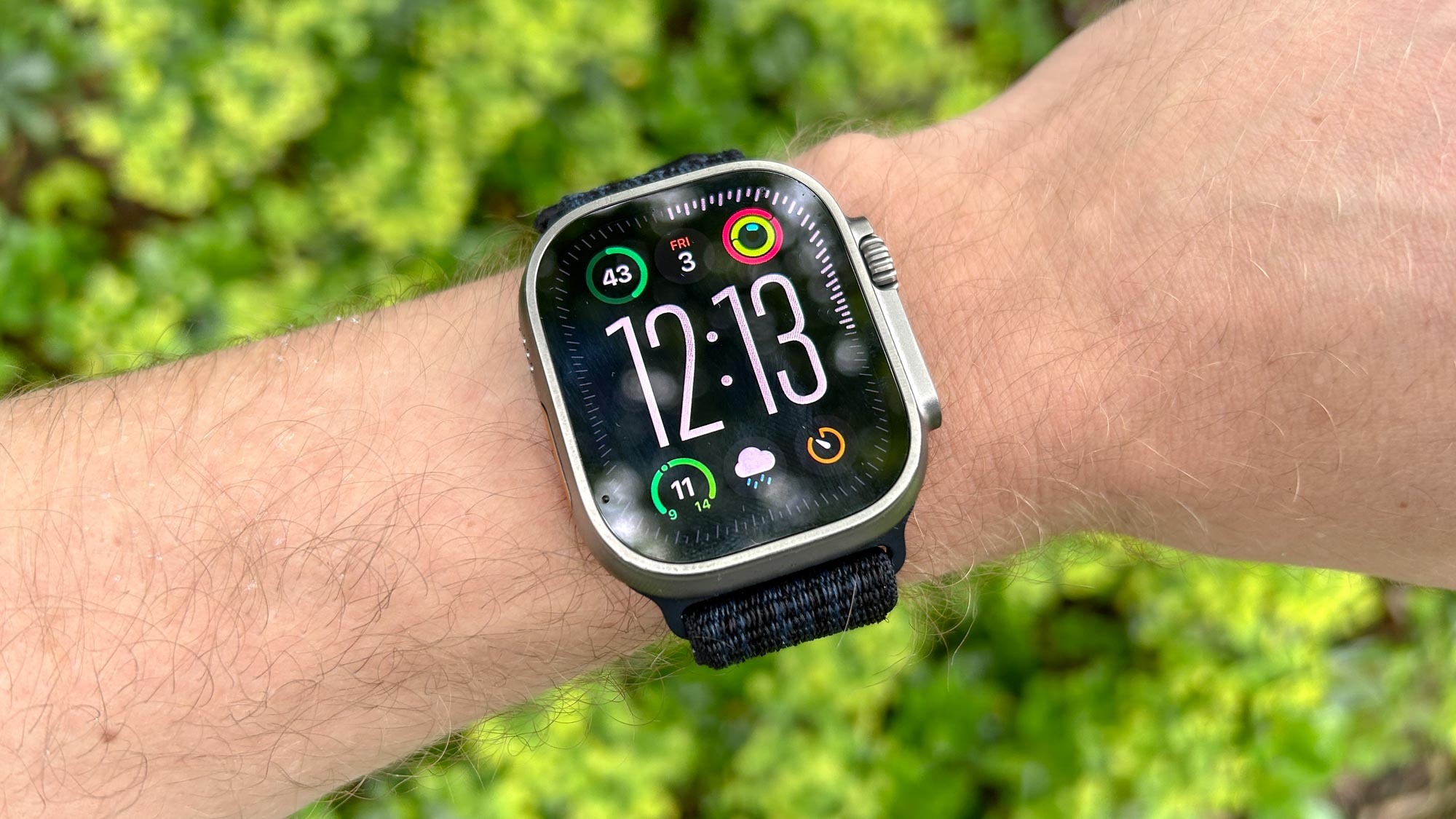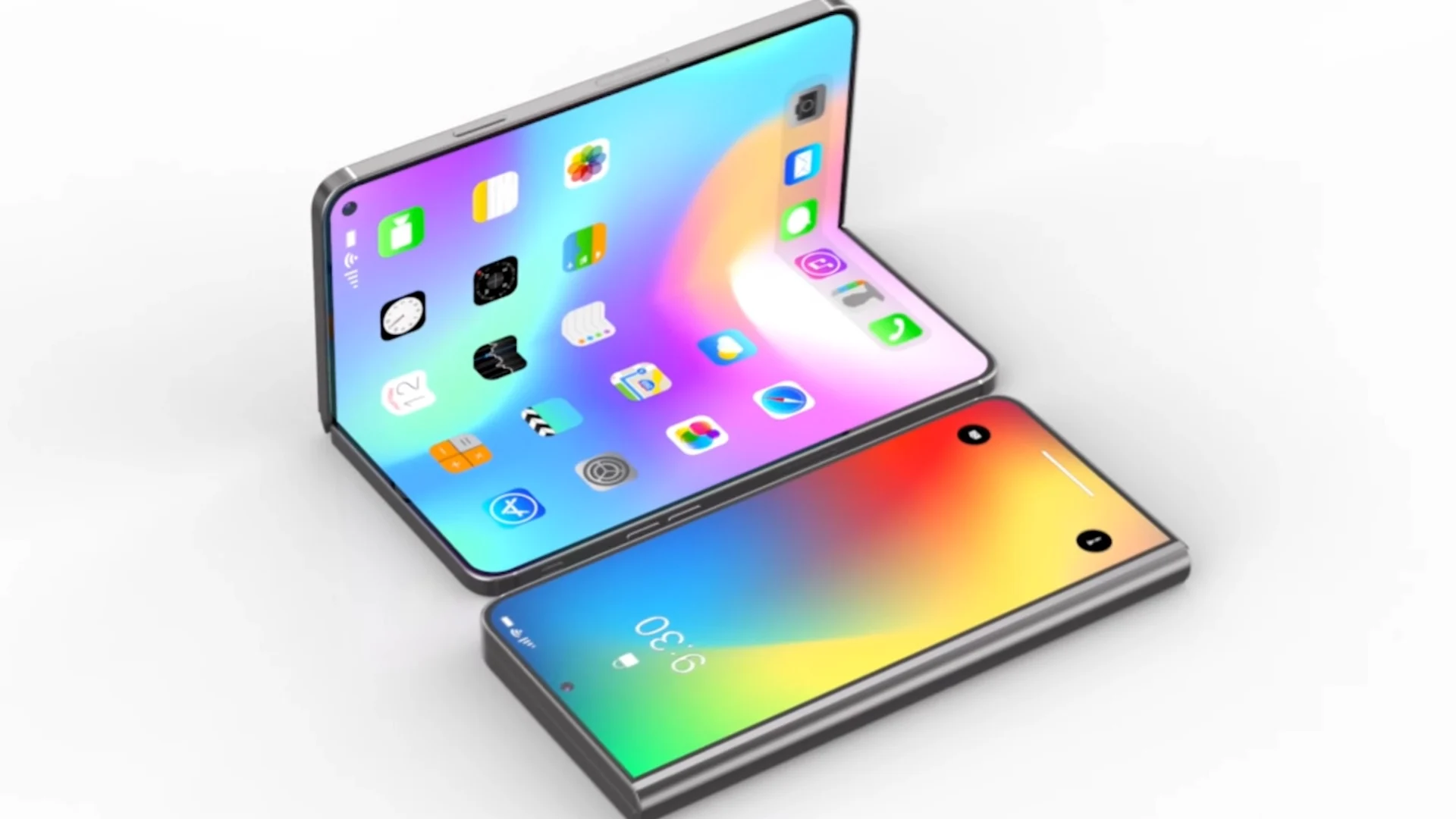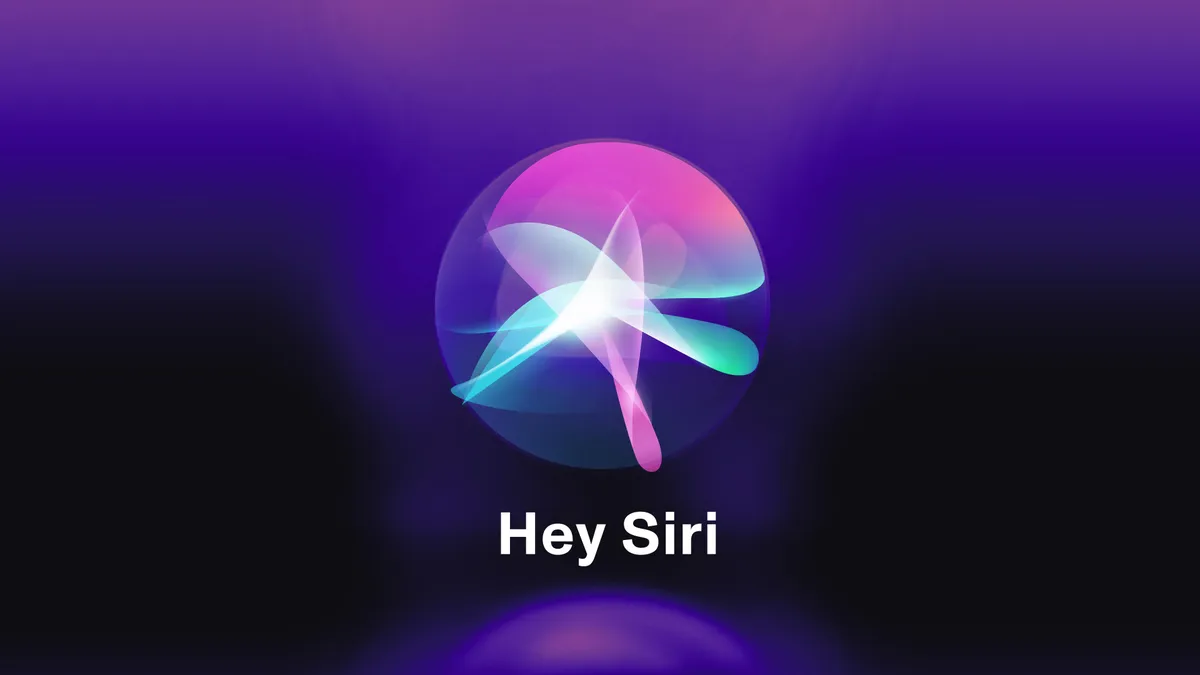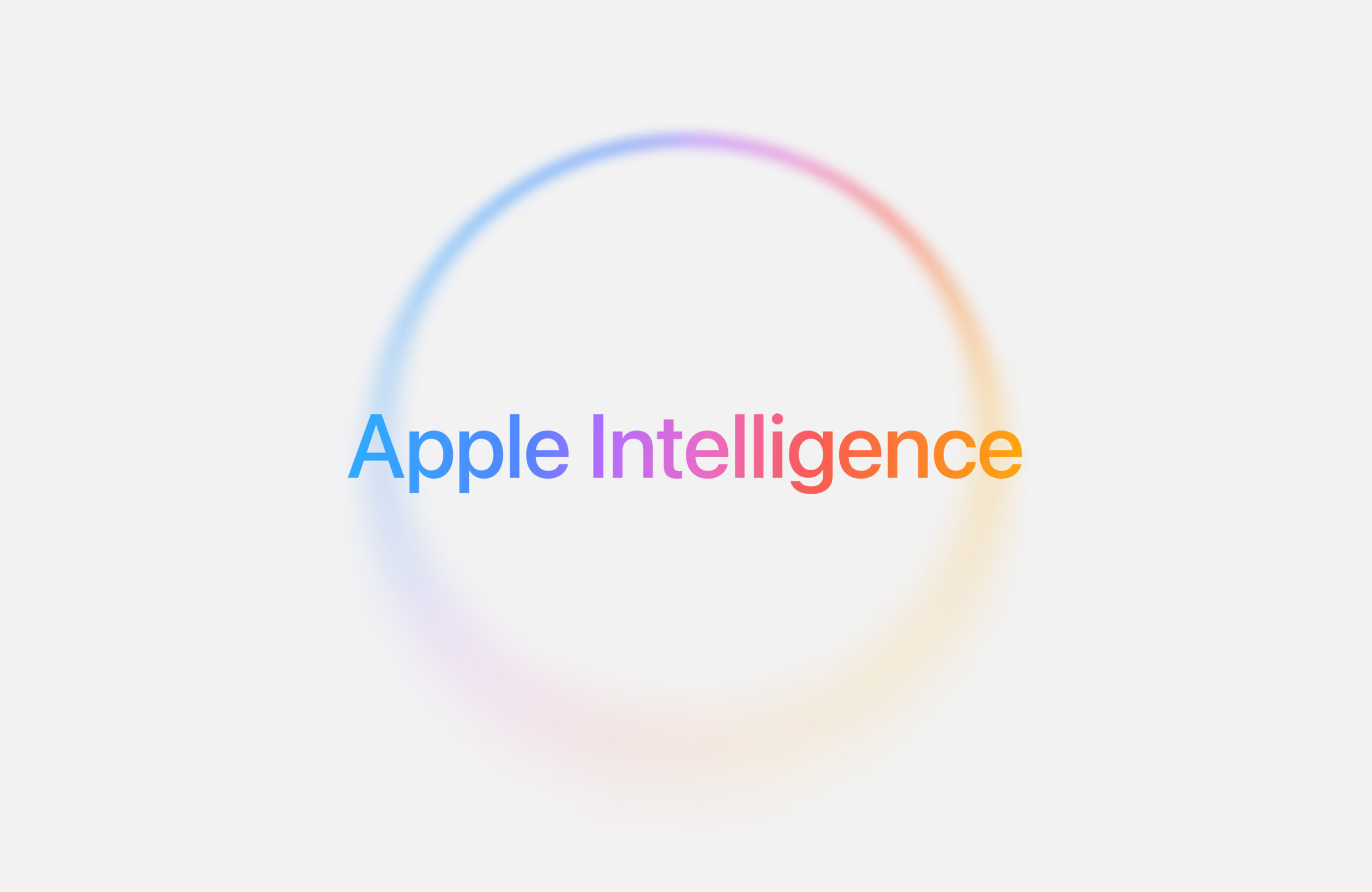Apple’s plan to add a blood pressure tracking feature to the Apple Watch is facing more hurdles. According to Bloomberg’s Mark Gurman, the company is still struggling with testing issues, though exact details remain unclear.
This health tool, in development for years, was hoped to launch by 2025. It won’t give precise readings but will alert users if their blood pressure rises or if high levels are spotted, helping catch problems early. However, these delays suggest it might not arrive as soon as expected.
Meanwhile, the Apple Watch Ultra 3, set for September 2025, is bringing exciting updates. Gurman says it will include satellite texting, letting users send messages without Wi-Fi or cell service—perfect for hikers or adventurers.
It’ll also switch to a 5G modem from MediaTek, upgrading from the current 4G. This aims to rival brands like Garmin and make the watch a top pick for those needing off-grid safety. While the blood pressure feature lags, these new additions promise to keep the Ultra 3 a game-changer next year.




